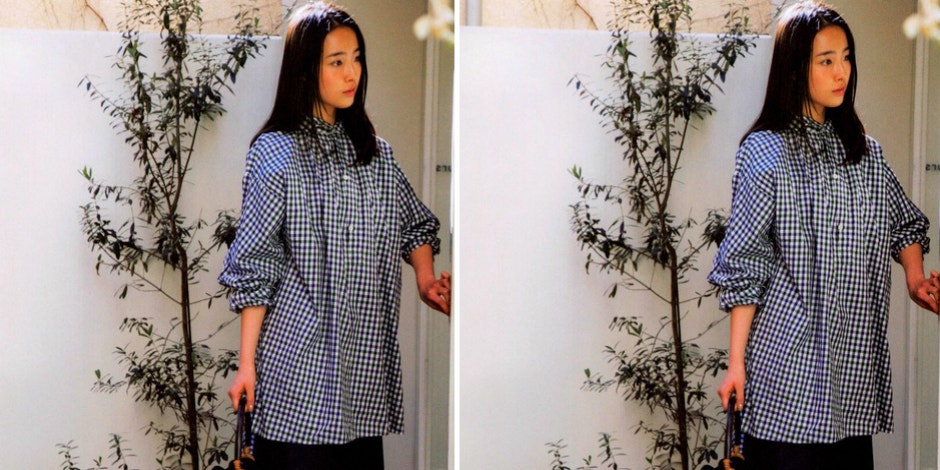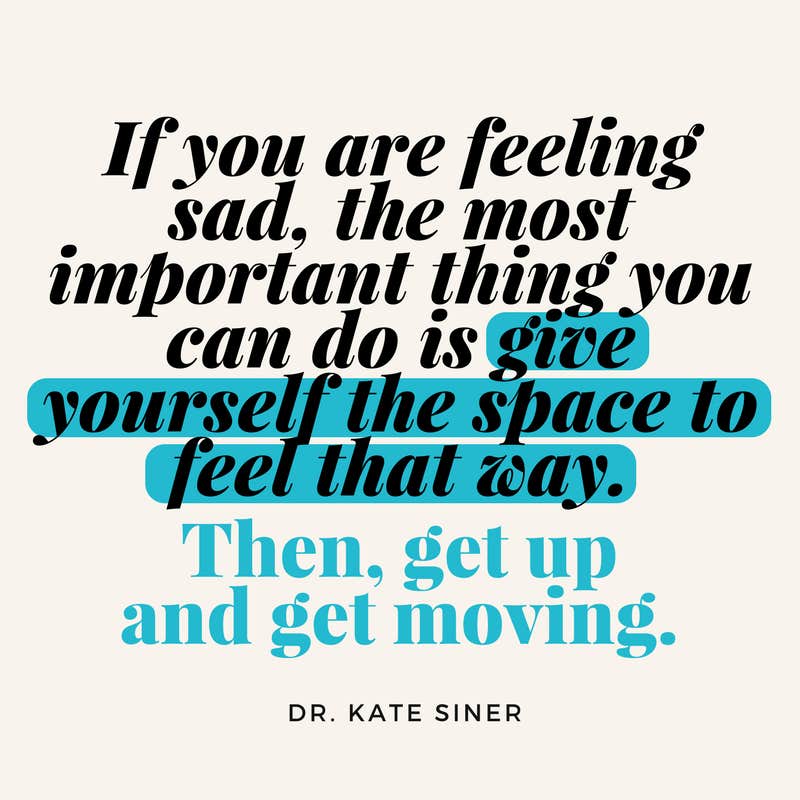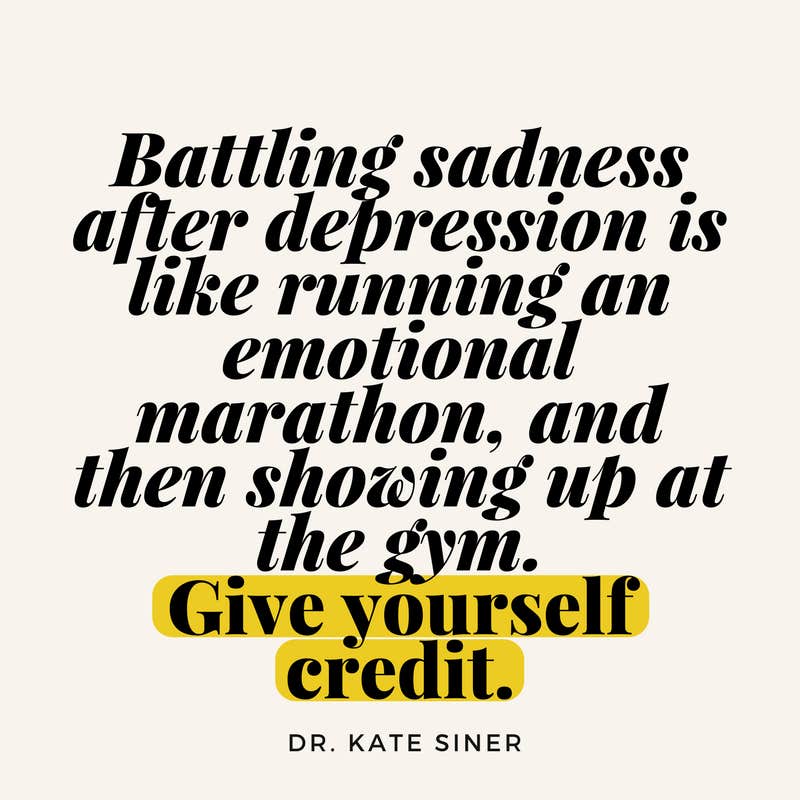How To Be Happy Again After Depression, Even If You're Still Sad
Feeling sad can actually be a good sign.
 weheartit
weheartit Depression is a clinical term used to label a group of behaviors and internal experiences associated with a depressed mood. It is also a clinical diagnosis. Depression is different than being sad. Sadness is a normal part of life and, as long as you are not feeling it all the time, it is actually a healthy thing for you to feel.
It is important to realize that learning how to be happy again after depression looks slightly different for everyone.
Sometimes, we battle our way through a bad bout of depression and come out on the other side, only to find ourselves still feeling sad. While this can be a frustrating and disappointing reality about life "after" depression, it is important to acknowledge that feeling sadness can be an indicator of positive progress.
Depression often leaves us unable to feel anything at all, let alone sad. It may not be your first pick for your team, but sadness truly has its hidden virtues.
The truth is that "after depression" just isn’t a reality for many people. Depression is actually a lifelong challenge that we learn to live and work with, more and more effectively.
So, it’s understandable that knowing how to be happy again after depression may seem far-fetched or unattainable to many. And if you think you might be depressed, you should not be ashamed about that experience or of asking for help. If you are in that "after-depression" space, it can take a bit to get back to regular habits.
Here are some tips on how to get over depression to help you get back on track:
1. Give yourself time to be sad.
If you are still feeling sad, the most important thing you can do is give yourself space to feel that way.
Be deliberate. Sit on the couch for an hour and let yourself be sad. Then, get up and get moving.
2. Start slow.
Often times depression leads to inactivity which can push us out of the healthy habits that we might have at other points in our life.
Don’t expect to jump straight back into all your activities. Give yourself lots of time to slowly bring things back. It is good to push yourself, but don’t push too hard.

3. Make it easy.
Sometimes what was a small step for us when feeling better is a huge step after being depressed for a while.
The smaller and easier you can make your new activities, the more likely you are to succeed. Give yourself that chance.
4. Acknowledge your progress.
It can be easy to be critical of your abilities and your progress, especially if you have an anxiety disorder that exacerbates this behavior. It is vital that you acknowledge each new and beneficial thing you add to your life.
You just ran an emotional marathon and now you are showing up at the gym. This is no small thing.
5. Choose the lesser of two evils.
Our perspective gets skewed when we are depressed. We lose sight of what is good for us. When you are recovering from depression, you might feel as though you are choosing between something that is not so good and something that is worse.
Try and choose the easier or slightly better option.

6. Take a day off.
Yes, you want to get back on track, but if you give yourself a moment to breathe, it may help you get where you want to go faster in the end.
7. Stick with it.
You did not get to where you are in one day. You won’t get to where you want to be in one day either. Keep making efforts and you will see results, even if it takes time. You’ve got this.
Mental illness isn’t something you can just will to go away, but there are treatments that can help you deal with your depression.
If you’re still feeling sad after your depression, I hope these actionable tips help you.
Life is a continuous journey and it usually isn’t a smooth one, especially if you’re learning how to be happy again after depression. Whether you suffer from depression or not, the best thing you can do for yourself is build up these life skills and techniques so you can put them into place when you’re able.
Kate Siner is an educator, facilitator, and author, with a Ph.D. in Psychology. Her LifeWork Community program is a great way to help you build practices that will support your wellbeing.

